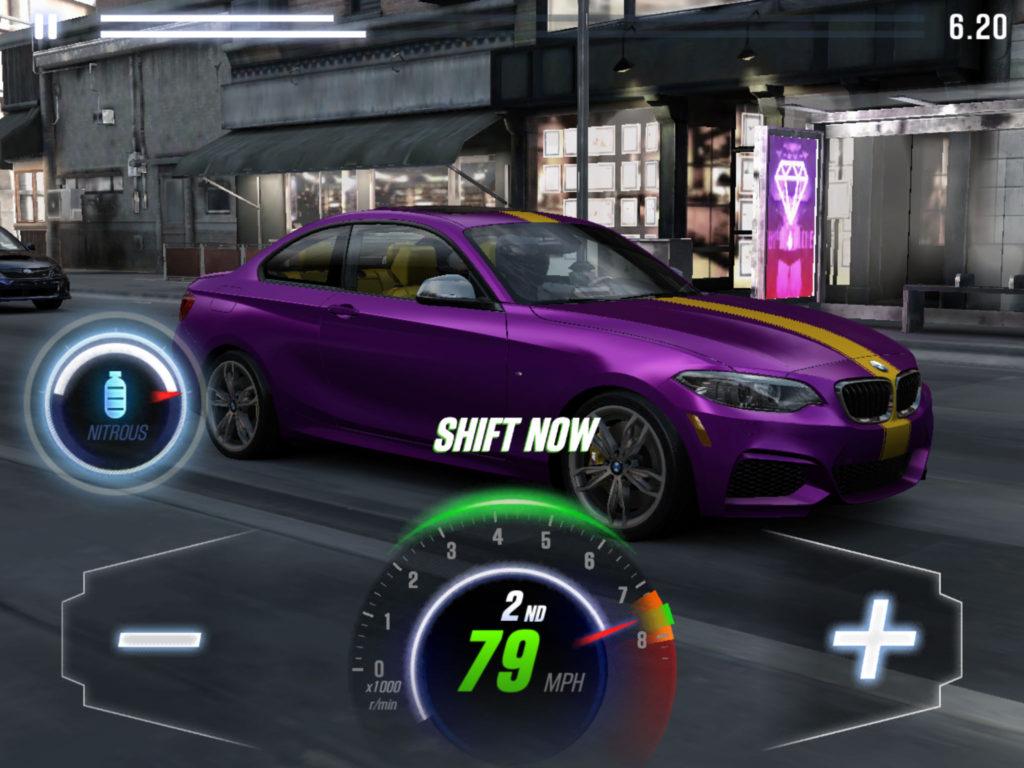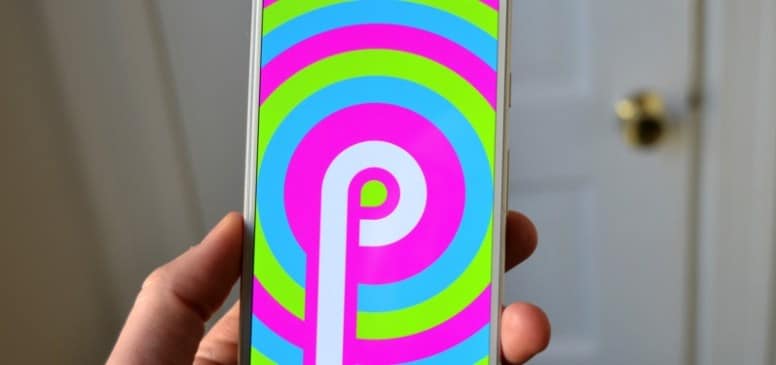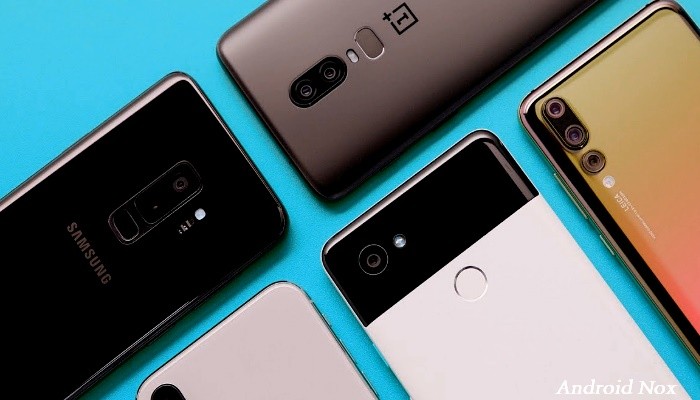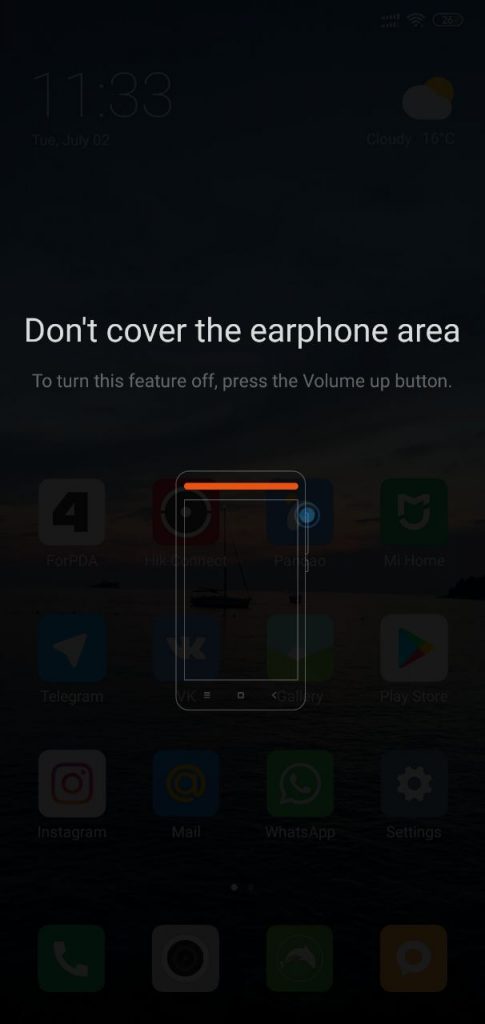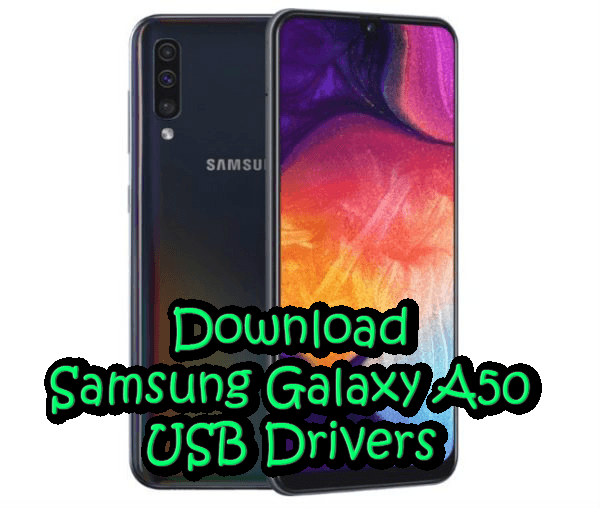SmartHDR, HDR +, Auto HDR, Smart HDR, etc. If you have been aware of the world of mobile photography for the last few years you won’t have stopped hearing about HDR, although not everyone is clear about what it is, how it works, and what it contributes in this area.
Therefore, it is necessary to explain what is HDR, how it is used in current smartphones (with Google as the main example), and comment if there are any trick to get the most out of it when we are taking pictures with our mobile.
What is HDR and how is it implemented in current smartphones
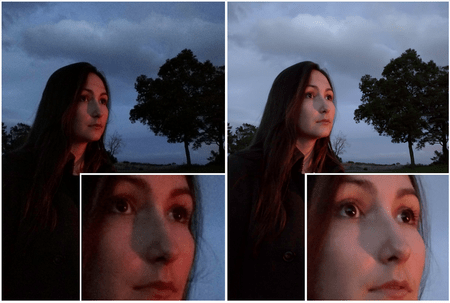
Google was (and is) a pioneer in mobile HDR technology. In 2014 he was already telling us about him.
HDR is short for High Dynamic Range and, in mobile photography, it is a mode that does what its name suggests, increase (or try to do) the dynamic range of our photographs. And what is dynamic range? In short, the ability of our camera to capture the information of the lights and shadows in an image.
In mobile photography, HDR mode serves (in theory) to increase the dynamic range of photos
The goal of mobile HDR, then, is try to get the maximum dynamic range, which is achieved by treating the lights and shadows in the best possible way. If you have ever had a burnt sky (whole white), it has been due to a dynamic range problem, if the sky has turned out well, but everything else is dark, ditto, and so on with countless situations in which phones suffer a lot to achieve a good balance in the final photograph.
As an image is worth a thousand words, we leave you with a small example in which it is well understood what do we mean by prioritizing dynamic range in a photograph.
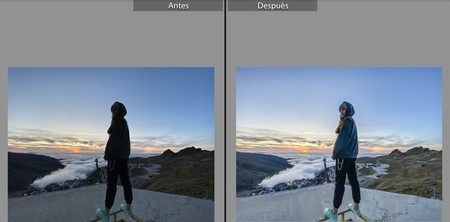
On the right, the image with the highest dynamic range.
Despite the fact that the photograph on the right has greater exposure and recovers much more information from the shadows, the information from the highlights (the sun in the background and the light that it generates) is respected with respect to what our people saw. eyes. In other words, we have information on the highlights and the information on the shadows has been retrieved.

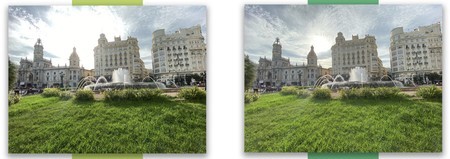
Without HDR, the mobile is unable to retrieve the information after the highlights.
So, when your mobile shoots in HDR, try to get as much information as possible from the scene, to a better or lesser extent. How do you do this? Combining multiple photos with different exposures, generating a final photograph with the information you have obtained.
This combination of images depends on the processing capacity of your phone. Terminals like the Google Pixel take a few seconds to process HDR photographs, due to the large amount of information they obtain from them. Other alternatives, dedicate RAM exclusively to image processing, to streamline the process.
If we go out of the high end, we are faced with HDR technologies that work reasonably well, but limited by their own processing capabilities.
Tips for taking advantage of HDR
In general, we recommend activating automatic HDR for your photos, since some firms (such as Xiaomi) usually bring it deactivated by default in their terminals. In this way, the mobile will decide for itself when is a good time to activate it and when not. In our experience, while this is not foolproof, HDR usually kicks in when it should.

If we are going to shoot moving objects or at night on a low or medium range mobile, deactivating HDR may be a good option
However, there are some specific situations in which, if your mobile is not high-end, it may be convenient to disable it. The first is with moving objects. HDR photos take longer than normal photos (since the phone shoots more times), and if the subject is moving and your mobile shoots slowly even during the day, the photo can be shaky.
The second condition (with some nuances) is that in low light conditions, HDR may not be a great ally. This will depend on the phone and again, on the range (alternatives like the Pixel apply HDR at night and the operation is flawless). In other cases, applying HDR at night results in less sharpness and worse processing, so opting to deactivate it or use alternatives such as night mode may be a better solution.
